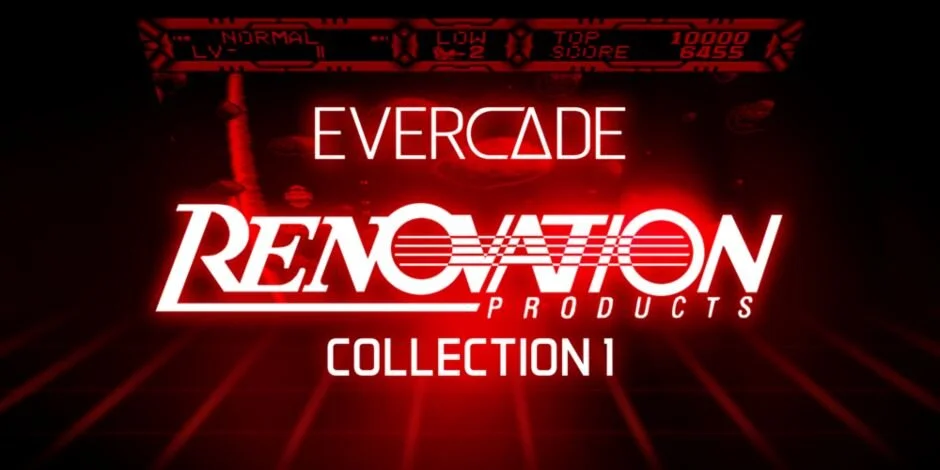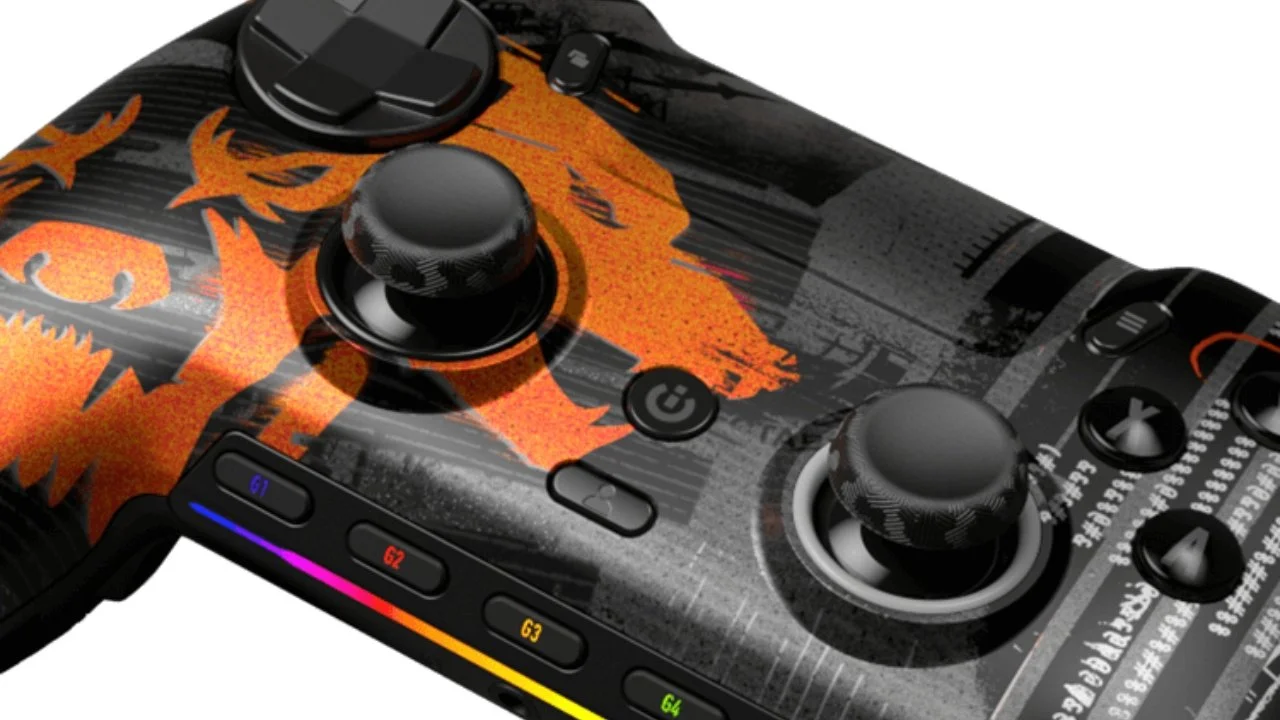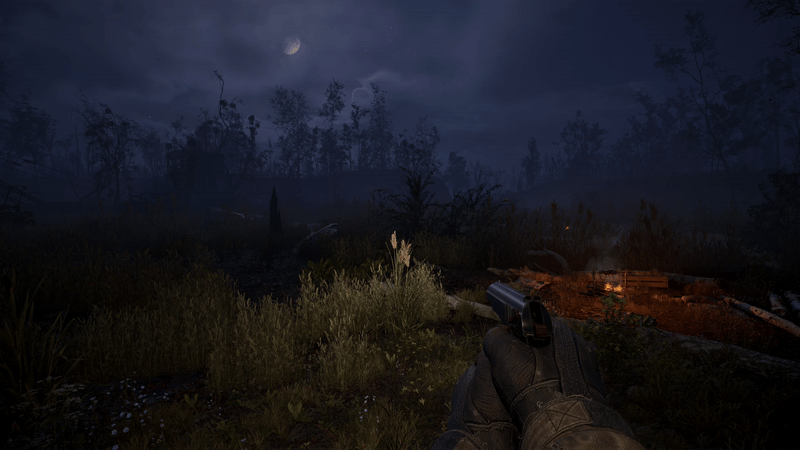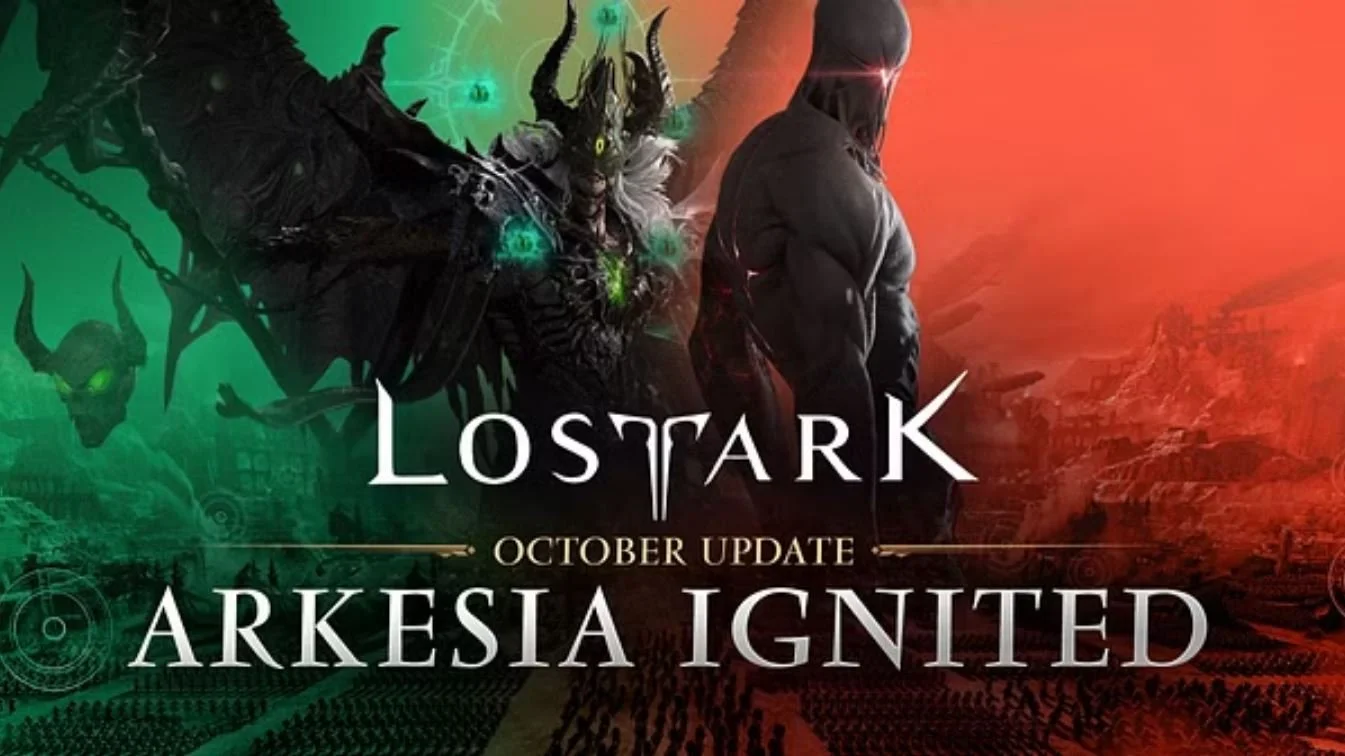The European Research Council (ERC) provided a 2 million euro grant to fund what is known as the “Digital Ludeme Project”. This project, started in 2016, is the culmination of years of similar projects to understand games and the taxonomy of gaming started around 2005. This project has created a new system from Java that is being used to reconstruct ancient games from the past. Ludii is a general game system used to design, evaluate, and play board, dice, card, and math games. It is more user friendly to those without coding background, and can even be used to create simple video games.
Currently, ludii allows people to write games, play games, create agents, or compete against others on the platform. Ludii is meant to provide a single database for a large range of strategy games as well as a flexible way to adapt for the inclusion of more games old and new. Theoretically, the ludii system could even be appropriated for many uses in the gaming community at large.
On the Ludii website, one reads that:
“While compiling the book Connection Games: Variations on a Theme, it became obvious that many of these hundreds of games were composed of the same relatively small number of rules just in different combinations and applied to different board geometries. This inspired the ludemic approach for describing games, in which games are decomposed into conceptual units called ludemes...”
The use of ludemes was the key building block for Ludii, which promises to be a revolutionary approach to gaming and the study of games from history. It also allows for the digitizing of board games into video game format. This project is fascinating and I, for one, hope to see much more of Ludii in the future at its official public release on Jan 1, 2020! Check it out here.



















